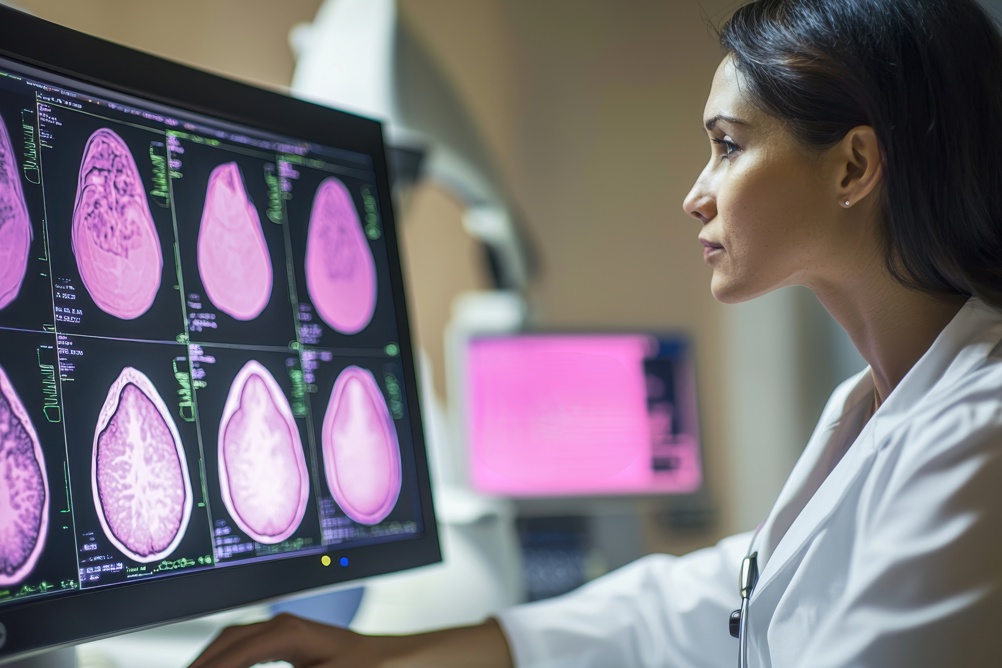
Researchers have called for extra breast cancer screening for women with dense breasts. A new trial study from Cambridge University found that 10% of women in the UK have denser breast tissue, making them up to four times more likely to develop breast cancer between the ages of 50 and 70. This is because both the denser tissue and early-stage cancers appear white on mammograms, making the cancer harder to spot. The trial – named BRAID – screened over 9,000 women who had previously had negative mammogram results, finding that 85 actually had cancer.
- Rising male awareness of breast cancer
- Breast cancer: an update for community nurses
- Breast cancer deaths predicted to soar in the next 20 years by WHO
‘Getting a cancer diagnosis early makes a huge difference for patients in terms of their treatment and outlook,’ said Professor Fiona Gilbert, Department of Radiology, University of Cambridge and research leader. ‘We need to change our national screening programme so we can make sure more cancers are diagnosed early, giving many more women a much better chance of survival.’
It is hoped that the recommended additional scans will detect thousands of extra cancers per year. The study trialled different scans on women with denser breast tissue and found that contrast enhanced mammography and abbreviated magnetic resonance imaging, in addition to existing screening, could detect up to 3,500 more cancers a year. Offering additional scans to women with denser breasts reduces mortality, therefore saving an estimated 700 lives every year.
‘This study shows that making blood vessels more visible during mammograms could make it much easier for doctors to spot signs of cancer in women with dense breasts. More research is needed to fully understand the effectiveness of these techniques, but these results are encouraging,’ said Dr David Crosby, head of prevention and early detection at Cancer Research UK. ‘Remember, having dense breasts is not something you can check for yourself or change, but if you’re concerned at all, you can speak to your GP.’
